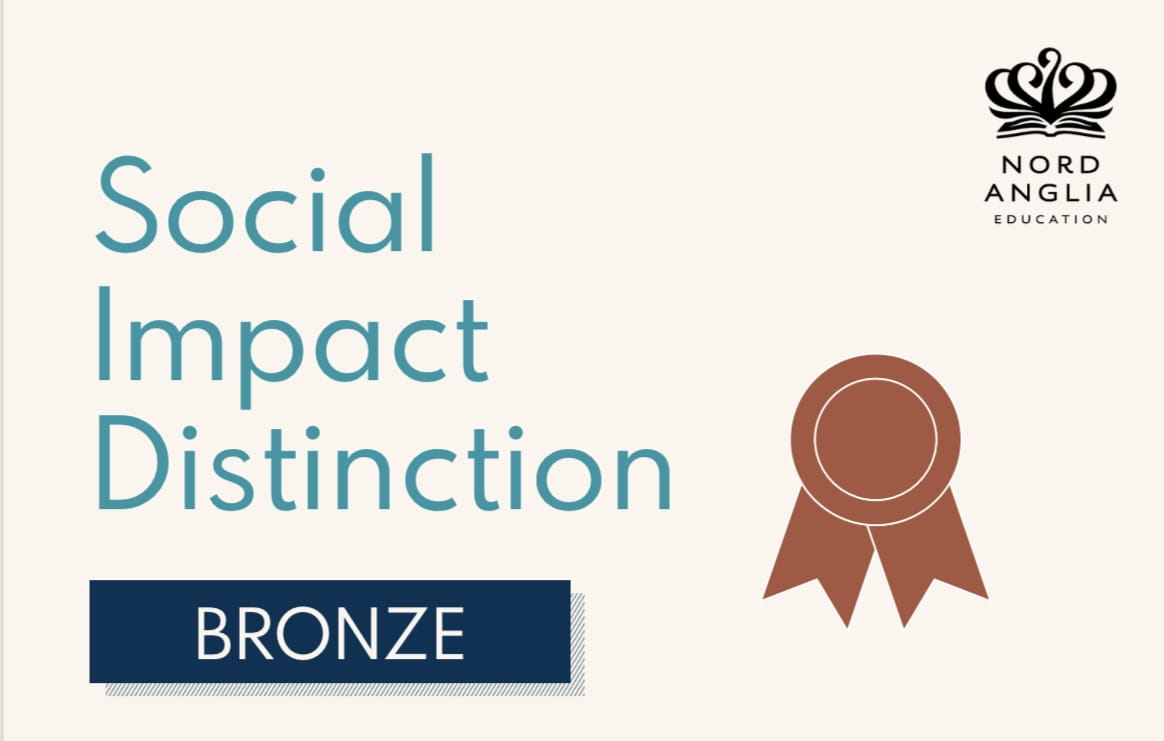The landscape in education is changing. We no longer need our children to be prepared for the 21st Century. We need them to be prepared for the 22nd Century and all of the new challenges that this may entail. The International Primary Curriculum (IPC) is an ambitious, forward-thinking curriculum which combines the very best of international curricular, including the English National Curriculum, to ensure academic rigor and high standards across the range of subject disciplines. However, the IPC is crucially focused on developing children’s global competency, so that they become self-aware, global citizens. Global competency is essential for life in our ever-changing world, where children will face a range of complex challenges and must be adaptable in the face of these. By preparing our children to be global citizens, thinking with understanding, compassion and respect, we are preparing them to be the leaders of tomorrow.
The IPC is expertly sequenced to ensure that skills, knowledge and understanding develop over time in various subject specific domains, such as History, Geography and Science. However, these disciplines are linked to create thematic units of learning. Informed by current research, this approach allows children to form connections between the separate subject disciplines, so that they become well-rounded learners and able to integrate their learning effectively in a meaningful way. In a world where interconnection and interdisciplinary approaches are at the forefront of life, it is important that we equip our learners with the creativity and ability to form these connections for themselves.

Through the thematic approach, learners are also immersed more deeply in their subject matter, exploring it from a range of perspectives. This is an essential part of the learning process, allowing children to apply their learning in a range of contexts to strengthen bonds between their knowledge, skills and understanding. Many of these units are further underpinned by the Sustainable Development Goals, bringing real-world meaning to the subject content, and helping our children to understand the relevance of this in our ever-changing world. Due to our commitment to the Round Square IDEALs, including the importance of taking action, children are further able to apply their learning when engaging with our community partners. This offers the opportunity for children to further connect their understanding to the real-world implications and the difference that they can make to their local community and wider world.
Overall, therefore, the IPC stands apart from other curricular due to its focus on ensuring that we develop globally competent citizens, with an understanding of the role that they will play in protecting and thriving in the world, whilst ultimately shaping its future. It is unique in its learning approach, which focuses on developing reflective, independent learners, who build connections between all areas of learning, and are able to apply this in wide-ranging, complex situations.
Find out why children are engaged in IPC in the coming article in a series about The International Primary Curriculum (IPC).


.jpg?h=934&iar=0&w=1400&rev=879246ef13924f99a3a5012edcd123ef&hash=5EE9A01E39D9A6125A6400A57CD21791)

